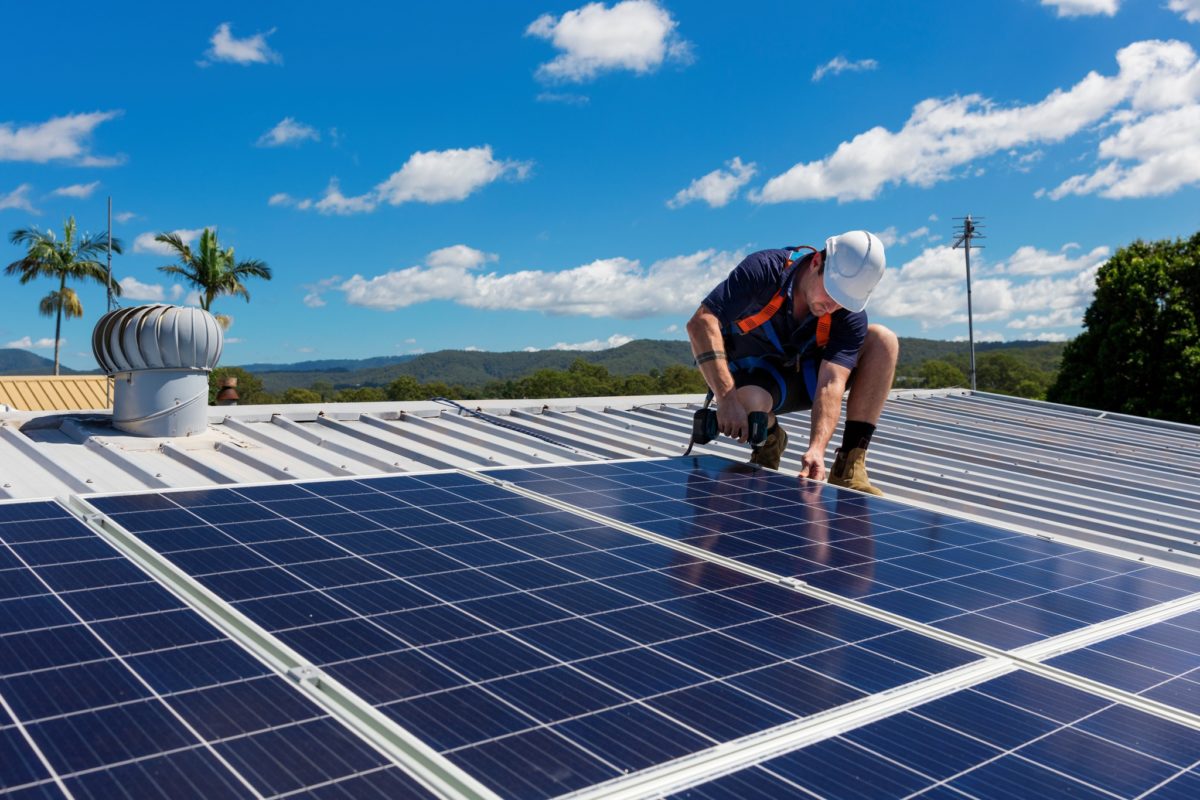The New Energy Tech Consumer Code (NETCC) replaces the Approved Solar Retailer (ASR) program to expand the scope of consumer protections beyond solar and storage to also cover other new and emerging technologies including electric vehicle (EV) charging, home energy management systems and community batteries.
Launched on Feb. 1, 2023, the NETCC program sets minimum standards of practice and consumer protection in relation to all aspects of customers’ interactions with participating retailers. This includes marketing, finance and payments, installation, warranties and complaints handling processes.
The Clean Energy Council (CEC), which will administer the program, said Australia is already a world leader in small-scale renewable energy generation and much more growth is anticipated. The energy market is also continuing to expand and diversify with the introduction of new and emerging technologies including microgrids, virtual power plants (VPPs), community batteries and home energy management systems.
“It is vitally important, therefore, that consumers are well protected in this market,” the CEC said.
The NETCC has been designed by peak industry and consumer bodies to build upon the mandatory consumer protection regulations defined by the Australian Competition and Consumer Commission (ACCC).
The program is governed by the NETCC Council, which comprises the CEC, the Australian Energy Council, the Consumer Action Law Centre, Energy Consumers Australia, Energy Networks Australia, and the Public Interest Advocacy Centre and Renew.
The NETCC Council said the program is voluntary with retailers able to apply to join. That being said, the council said “all approved solar retailers have now become new energy tech approved sellers.”
The council said approved sellers who were already approved solar retailers will now have six months to make the necessary updates to ensure they meet NETCC requirements by Aug. 1, 2023.
NETCC Council Chair Clare Petre said the code will not only help providers achieve the highest standards of service and consumer protection but will also aid consumers to navigate the expanding array of new energy tech products and services.
“The code will be key in supporting consumers as they embrace new energy tech as part of a renewable energy future,” she said.
This content is protected by copyright and may not be reused. If you want to cooperate with us and would like to reuse some of our content, please contact: editors@pv-magazine.com.









By submitting this form you agree to pv magazine using your data for the purposes of publishing your comment.
Your personal data will only be disclosed or otherwise transmitted to third parties for the purposes of spam filtering or if this is necessary for technical maintenance of the website. Any other transfer to third parties will not take place unless this is justified on the basis of applicable data protection regulations or if pv magazine is legally obliged to do so.
You may revoke this consent at any time with effect for the future, in which case your personal data will be deleted immediately. Otherwise, your data will be deleted if pv magazine has processed your request or the purpose of data storage is fulfilled.
Further information on data privacy can be found in our Data Protection Policy.